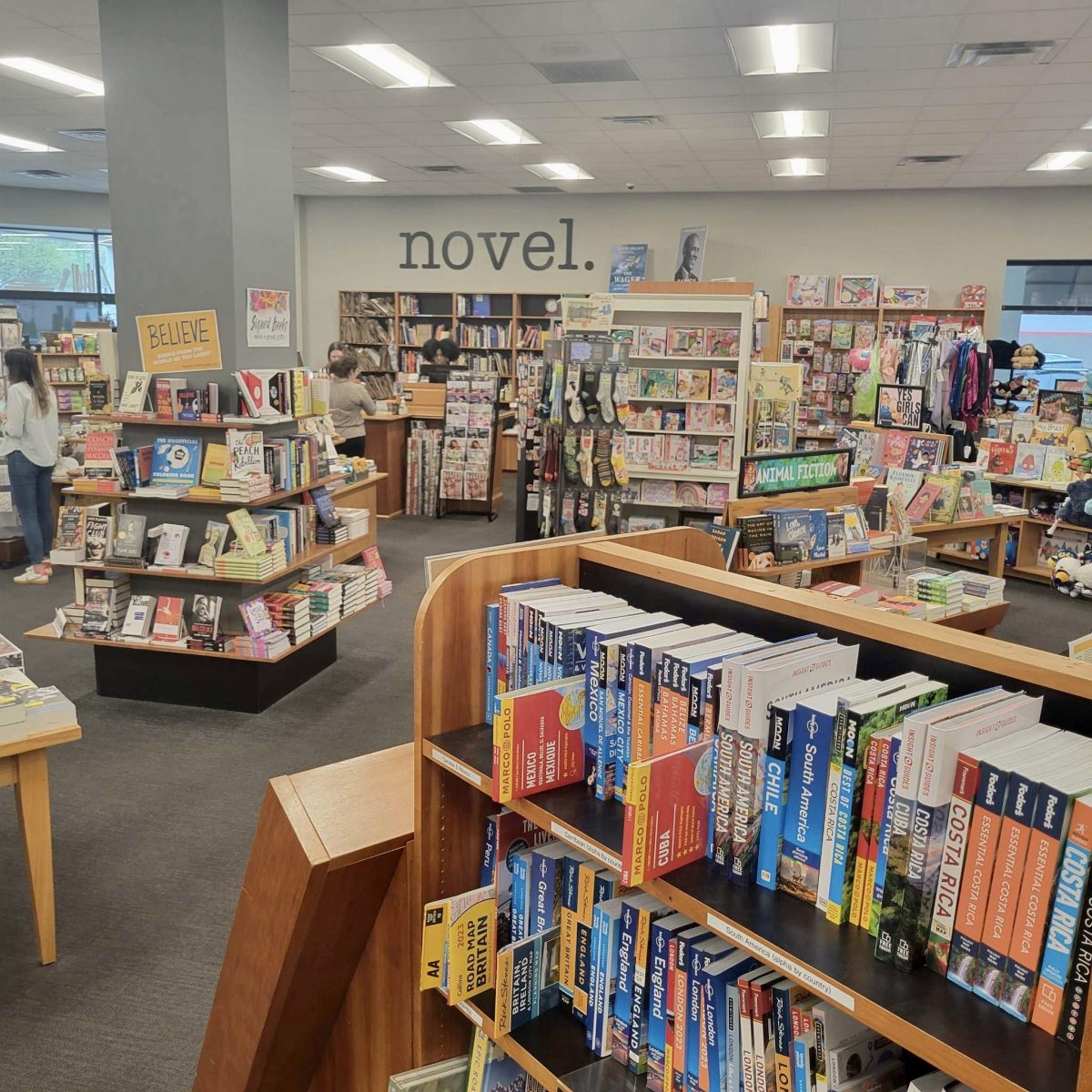The hashtag #BookTok on TikTok has more than 121 billion views. According to the app, #BookTok urges users to “dive into the biggest book club on the planet with reviews and recommendations for just about every genre you could imagine.” Under that hashtag you’ll find videos ranging from a devoted bibliophile sharing their evergrowing “to be read” list, to a reader making a three-minute video on books that deserve “jail time.”
Many users and commentators have cited the app as a reason book sales have seen an uptick in recent years. According to a study by McKinsey, the hashtag “helped authors sell an additional 20 million copies in 2021.” Coincidentally, print book sales also rose by nine percent in 2021 to reach 825.7 million. So how has the app affected local book sales?
“BookTok has been wild,” said Nicole Yasinsky, marketing manager of Novel Memphis, located at 387 Perkins Extended. “It’s such a cool thing, because it’s happened somewhat on Facebook, Instagram, Twitter, but it doesn’t spread like BookTok does. There’s a book that’s been out for 10 years, but its popularity kind of dwindled, and then suddenly — why did we get 10 calls in one day for We Were Liars by E. Lockhart?”
Yasinsky said they have been getting backlist titles, along with those from newer authors that have gained traction through the app, such as those written by “BookTok darling,” Colleen Hoover. While Yasinsky said that they have not spent a ton of time on the app as a business, she said that anything that gets people talking about books is exciting for book sellers.
There have been many positive effects of the hashtag’s popularity. Not only has it boosted interest in books, but it has also given readers the chance to try a variety of books, whether they’re highly-anticipated new releases, or beloved classics. The industry itself relies heavily on these book lovers. The consumer not only has the choice of whether they want to pick up a historically revered novel, or one that has recently become canon in young adult lore, they can also decide where they get these titles from.
According to WordsRated, “Amazon’s share of the book market is 40 percent,” meaning that they sale more than 300 million print books each year.
“Amazon has a huge, huge share of the market,” said Yasinsky. “We still have people coming to see us, and I think the thing that has outlasted [Amazon] is all about our people.”
There are a number of reasons why a reader may opt to buy from Amazon, such as its ability to use its algorithm to recommend titles based on the consumer’s buying habits, Yasinsky explained. However, Yasinsky said that they have an advantage by having in-person, live, book sellers.
“I’ve seen over the years how algorithms went wrong,” explained Yasinsky. “We can really just curate so well to the person. We have a personal shopper button on our website, and that button was really just sort of a tangible representation of ‘that’s what we do all day.”
This in-person experience is what Yasinsky said has kept her and others in the industry for so many years. She said they want to see people and learn about what they want and curate a collection of books that represent their community, as opposed to a few buyers at the “head of a giant company.”
